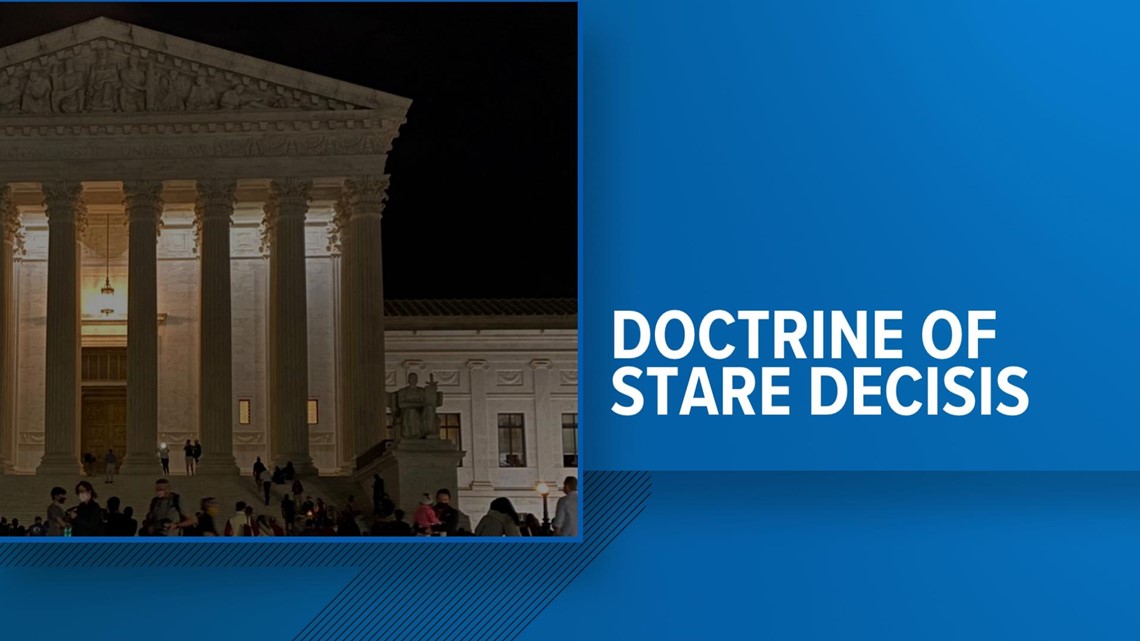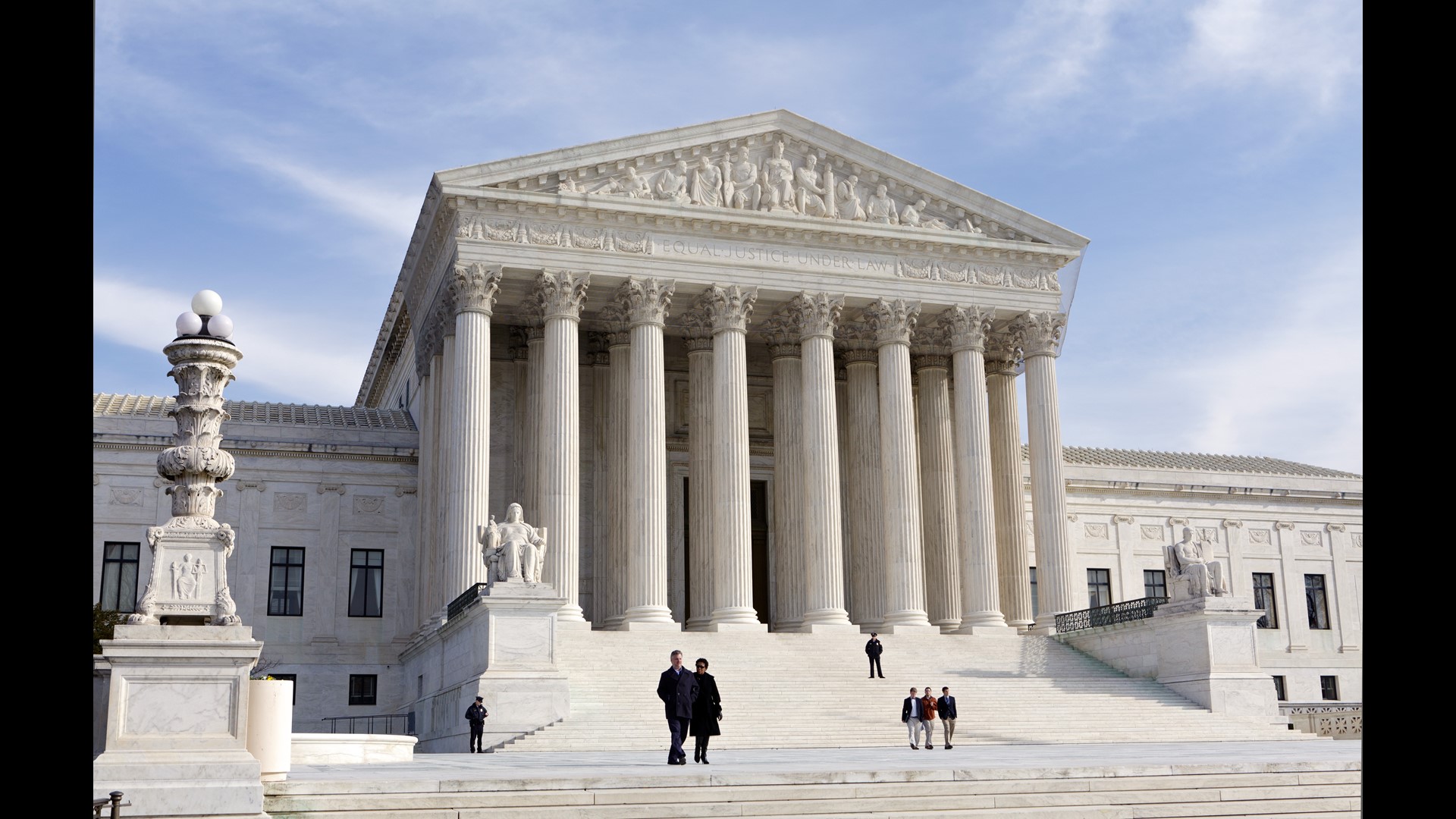HARTFORD, Conn — The U.S. Supreme Court’s leaked draft decision that could see Roe v. Wade overturned has caused a lot of emotional reactions from both pro-life and pro-choice groups. Practically speaking, how much would actually change for Connecticut?
Simply overturning Roe V Wade doesn’t make abortion illegal - it would mean abortion rights aren’t protected federally. That being said, more than 20 states have what are called "trigger laws" that may kick in to restrict or ban abortion in their state if Roe w. Wade is overturned.
For Connecticut, abortion rights are codified into state statute for more than 30 years, but in the wake of the draft leak, support is building to protect abortion rights even more strongly via a state constitutional amendment.
“We're looking at at least four years before someone might see that on the ballot,” said State Rep. Jillian Gilchrest, a Democrat from West Hartford.
That’s because lawmakers need a 2/3rds supermajority in both the House and Senate to put a constitutional amendment on the ballot for voters. If lawmakers can’t get a supermajority, they can still get it on the ballot with a simple majority, but it would need to pass both chambers twice, in two different legislative sessions.
“I’m a pro-life Catholic, so on a personal level, it’s not something I support. We should be encouraging life in this state,” remarked House Republican Leader, Rep. Vincent Candelora.
In this legislative session, Connecticut passed House Bill 5414, a pro-abortion bill that now awaits the Governor’s signature. Specifically, it allows not only doctors, but nurses, midwives and physician assistants to administer medical abortions.
“It was an expansion on a scope of practice for who could perform an abortion without providing the necessary training and I think that was a big rub,” said Candelora.
It also protects people seeking and assisting with abortions from being sued or sent back to a sent where abortion is illegal to face criminal charges.
“Without this provision, another state could extradite a provider in the state or the Uber driver or the person who allows that individual to stay in their home because these other states like Texas are saying you can sue anyone who assists in an abortion,” said Gilchrest.
The U.S. Supreme Court has what's called a doctrine of stare decicis, which essentially bars them from changing their minds on a case they’ve already settled.
“(But) even if it thinks that case was wrong unless there are strong reasons for doing so,” said Stephen Gilles, a Quinnipiac University Professor of Law.


And constitutionally federal laws, “Are the supreme law of the land,” said Gilles. They will always supersede state law, however not all federal law is imposed on states.
For example, marijuana is illegal federally, but because it’s legal in Connecticut, the DEA doesn’t enforce the federal law as long as you are within the border of the state.
The bottom line — even if Roe v. Wade is overturned not much immediately changes for the state of Connecticut.
Matt Caron is a reporter at FOX61 News. He can be reached at mcaron@fox61.com. Follow him on Facebook, Twitter and Instagram.
---
Have a story idea or something on your mind you want to share? We want to hear from you! Email us at newstips@fox61.com
---
HERE ARE MORE WAYS TO GET FOX61 NEWS
Download the FOX61 News APP
iTunes: Click here to download
Google Play: Click here to download
Stream Live on ROKU: Add the channel from the ROKU store or by searching FOX61.
Steam Live on FIRE TV: Search ‘FOX61’ and click ‘Get’ to download.

